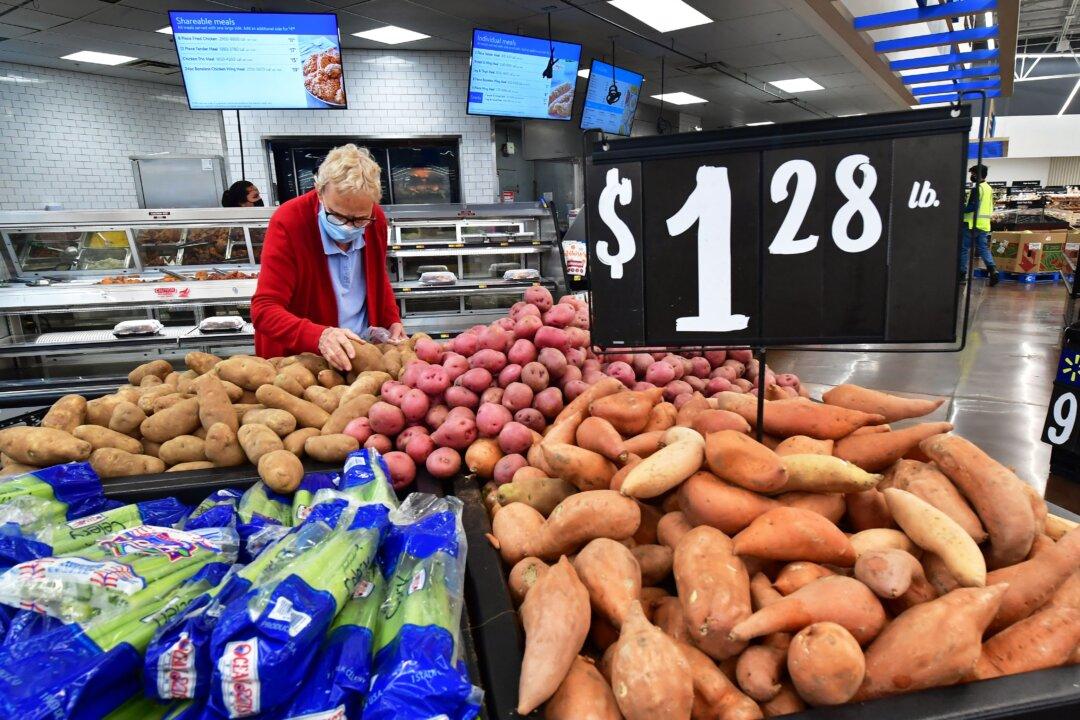A New York Fed research paper said American consumers expect no relief from high prices in the near-term, believing the current bout of roaring inflation will keep percolating for the next twelve months before finally losing steam over a three-year horizon.
A new analysis from the New York Fed found that U.S. consumers polled about their future inflation expectations said they think prices will continue to trend higher over the coming year before falling and staying low.





